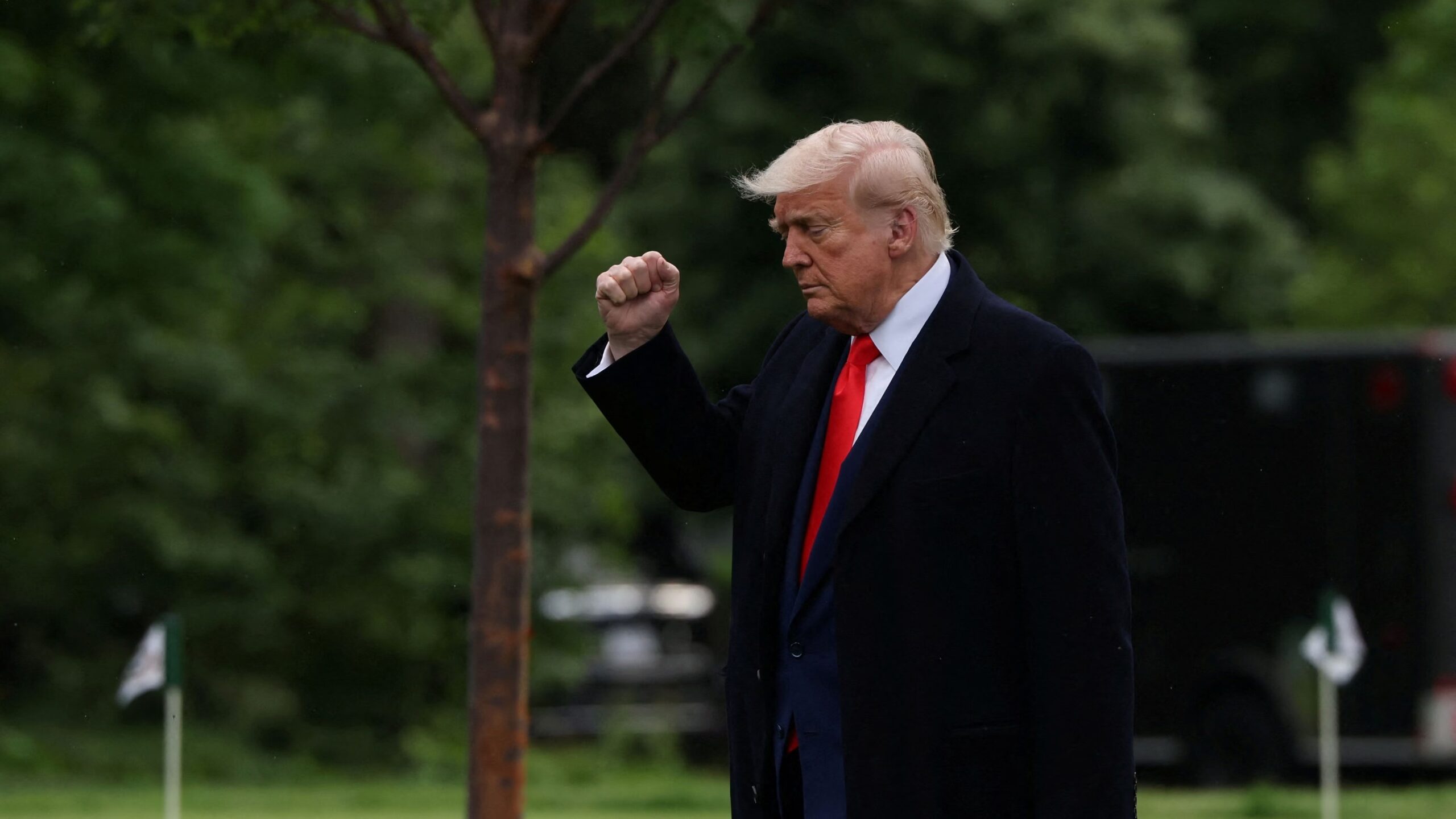
President Donald Trump is amplifying his use of executive authority, leaning into hardline policies that are reshaping domestic politics while fueling controversy at home and abroad.
Over the weekend, Trump reposted a meme on his social media platform threatening to wage war on Chicago, signaling his intent to expand immigration and crime crackdowns into another Democratic-led city. The move drew outrage from critics but reinforced his strongman image among supporters. The post underscored Trump’s pattern of using presidential power as a personal instrument rather than a limited constitutional mandate.
A New Phase for the Administration
Eight months into his second term, Trump’s approach has already strained institutions. Courts have scrambled to keep pace with legal challenges, while Democrats are still struggling to find effective opposition. Governors like California’s Gavin Newsom and Illinois’ JB Pritzker are increasingly vocal, using resistance to Trump as a way to elevate their own profiles.
Trump’s administration also suffered courtroom setbacks last week, including rulings against his deployment of the National Guard and his use of the Alien Enemies Act. A pending Supreme Court decision on his tariff policy could also force the government to refund billions, a risk his Treasury Secretary Scott Bessent described as potentially “terrible.”
Friday’s jobs report showed unemployment rising to 4.3% and sluggish job creation. Manufacturing has been hit hard by Trump’s tariffs, raising concerns about whether his trade agenda is hurting the economy more than helping it. Critics say the promise of a revived industrial sector feels increasingly unrealistic.
Meanwhile, grocery prices remain high despite administration claims of relief, creating a disconnect with everyday voters. Economic strain could threaten Trump’s base if conditions worsen, even as his allies attempt to spin the numbers.
Health and Foreign Policy Pressures
Public health also remains unsettled. Health and Human Services Secretary Robert F. Kennedy Jr. clashed with lawmakers last week over vaccines, raising fears of policy rollbacks ahead of winter. On the foreign policy front, Trump’s efforts with Russia appear stalled. A failed summit with Vladimir Putin was quickly followed by the largest air assault on Kyiv since the war began, fueling doubts about Moscow’s intentions.
Despite setbacks, Trump’s base continues to rally behind his combative approach. Supporters often interpret his defiance of institutions as proof of strength, and his allies in Congress show little interest in reining him in. National Guard deployments, drug cartel crackdowns, and incendiary rhetoric keep his image as a fighter alive, even as critics decry potential constitutional violations.
Still, Trump’s approval rating sits in the low-to-mid 40s. While not catastrophic, it leaves little margin for error as economic conditions threaten to erode voter confidence ahead of midterms.
Author’s Opinion
Trump’s strategy thrives on constant confrontation, but the danger is that Americans grow desensitized to extreme measures that once would have been unthinkable. Deploying soldiers in city streets, threatening war with domestic opponents, and brushing off constitutional limits could start to feel ordinary if repeated often enough. That normalization of chaos may be his most lasting legacy, and it risks weakening the very guardrails that keep democratic institutions intact.
Featured image credit: Heute
For more stories like it, click the +Follow button at the top of this page to follow us.
